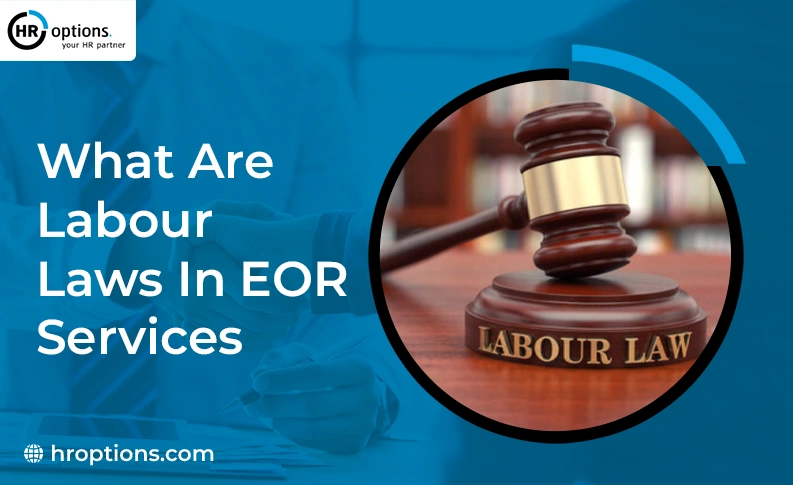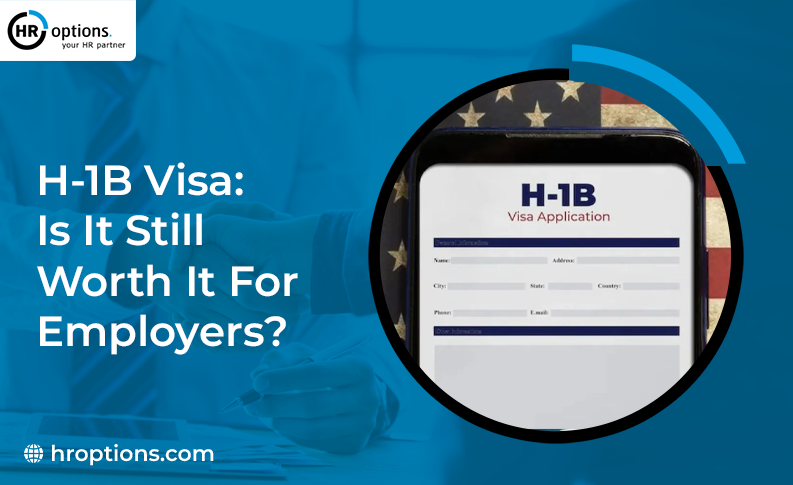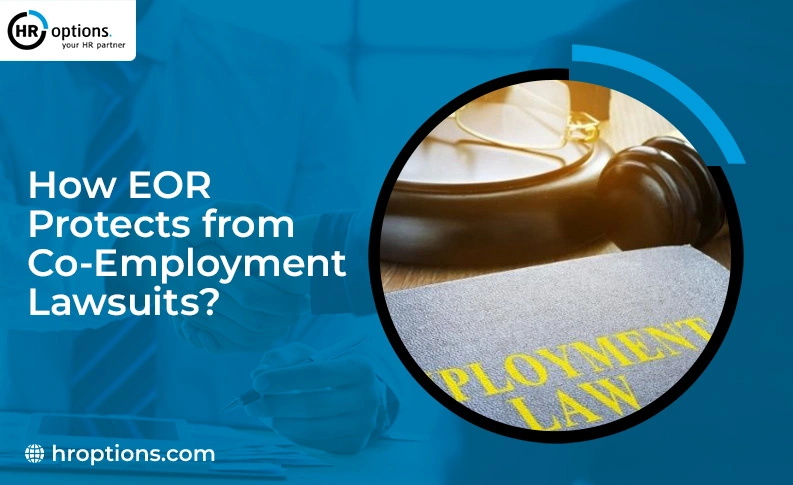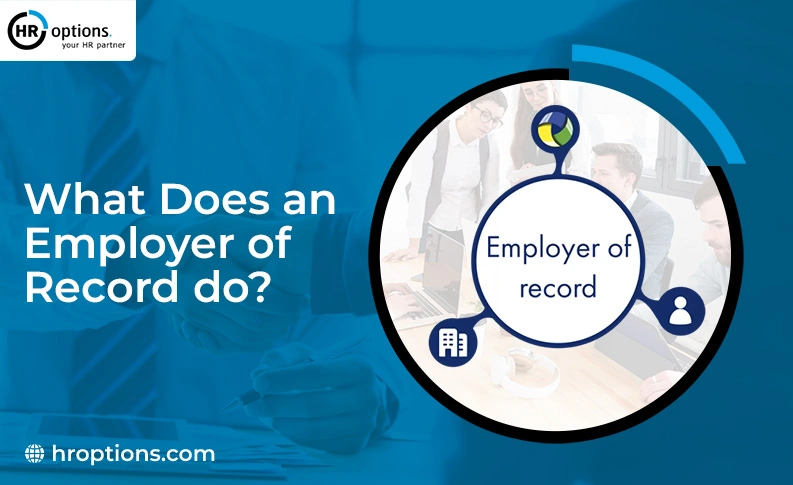Hiring workers across borders can be complex, especially when following local labor rules. Every country has its own employment laws designed to protect workers’ rights. For businesses expanding globally, this creates legal and compliance challenges. This is where Employer of Record (EOR) services provide the ultimate support.
In simple words, labor laws in EOR services are the rules an EOR must follow when acting as the legal employer of your workers. These include providing valid employment contracts, ensuring fair wages and overtime pay, managing working hours and rest breaks, handling employee benefits and leave, keeping workplaces safe, preventing discrimination, following proper termination rules, and paying taxes and social security on time.
An EOR helps companies comply with these labor laws by managing contracts, payroll, benefits, and all legal requirements while the business focuses on growth.
How Labor Laws Apply to EOR Services?
Employer of Record (EOR) services play a key role in helping businesses hire talent in different regions without setting up a local entity. Still, they must strictly follow the labor laws of each country. These laws cover important areas like employee rights, minimum wages, working hours, tax obligations, benefits, and termination procedures.
An EOR acts as the legal employer, responsible for compliance with these regulations, while the client company manages day-to-day work. By understanding these labor laws, businesses can avoid legal risks, ensure fair treatment of employees, and confidently expand into new markets.
Key Labor Laws Managed by EOR Services
Here are some key labor laws managed by EOR services
1. Employment Contracts
Employment contracts are the foundation of a fair working relationship. They clearly define the role of the employee, expected working hours, salary, benefits, and rules for termination. In many countries, contracts must meet legal standards to be valid. An EOR ensures every worker receives a contract that follows local laws and protects both the company and the employee.
2. Minimum Wages and Overtime Pay
Fair pay is one of the most important rights for employees. Each country sets its own minimum wage, and in many cases, workers must be paid extra for overtime hours. These laws ensure employees are compensated fairly for their time and effort. EOR providers calculate wages, manage overtime, and ensure payments are made on time.
3. Working Hours and Rest Breaks
Most labor laws limit how many hours employees can work a day or week. They also require rest breaks and days off to protect workers’ health and productivity. For example, many countries have a 40-hour workweek and set overtime rules. An EOR monitors these laws closely and ensures that workers are not overworked.
4. Employee Benefits and Leave
Benefits such as health insurance, paid annual leave, sick leave, and maternity or paternity leave are important parts of labor laws. These vary from country to country, but companies must provide the benefits local law requires. EORs ensure employees receive legally mandated benefits, such as medical coverage, vacation entitlements, and parental leave.
5. Workplace Safety and Health
Health and safety laws are designed to protect workers from dangerous conditions. These laws require employers to provide a safe environment, proper equipment, and training to avoid accidents. In industries like construction or manufacturing, these rules are especially strict. EOR providers help companies implement safety regulations and ensure compliance with occupational health standards.
6. Equal Opportunity and Anti-Discrimination
Labor laws in many countries prohibit discrimination based on gender, race, religion, age, or disability and promote equal opportunities for all workers. EOR services play a key role in enforcing these laws by ensuring fair hiring practices, equal pay, and unbiased treatment in the workplace.
7. Termination and Severance Rules
Ending an employee’s contract must follow specific legal rules. These rules cover notice periods, reasons for dismissal, and severance payments. If not managed properly, termination can lead to lawsuits and costly disputes. EOR providers handle this process by ensuring all dismissals follow the law in that country.
8. Tax and Social Security Compliance
Employers are responsible for deducting income taxes and contributing to social security systems. These contributions fund pensions, healthcare, and other public benefits for employees. The rules for taxes and social contributions differ across countries and can change frequently.
Benefits of Following Labor Laws with EOR Services
- Lower Risk of Legal Issues: Avoid fines, penalties, and lawsuits.
- Happier Workforce: Employees feel safe and respected when laws are followed.
- Smooth Global Expansion: Companies can focus on growth while EORs handle compliance.
- Cost Savings: Preventing legal issues is always cheaper than fixing them later.
Conclusion
Labor laws form the backbone of fair and safe working environments. For companies hiring globally, understanding and following these rules is not optional; it is a must. EOR services make this process easier by managing contracts, payroll, taxes, and compliance on behalf of the client.
Businesses can use an EOR to focus on growth while ensuring workers are treated fairly and legally. If you are asking what labor laws are in EOR services, the answer is simple: they are the rules that protect workers, and EOR providers help your company follow them without risk.
To simplify compliance and confidently manage global hiring, consider partnering with HR Options for reliable EOR services that protect your business and employees.








